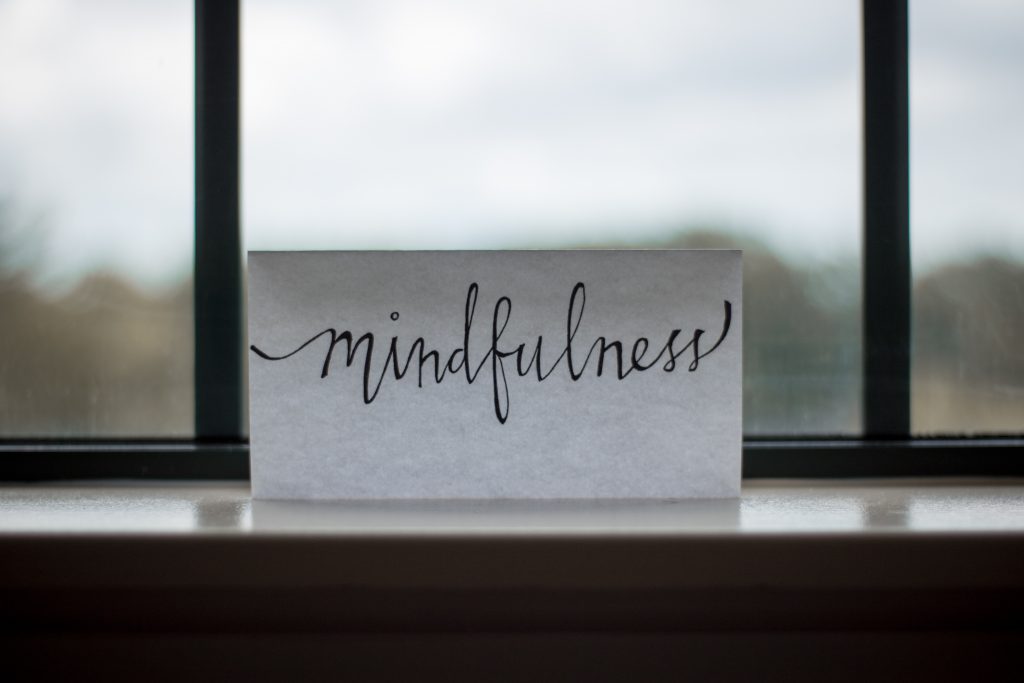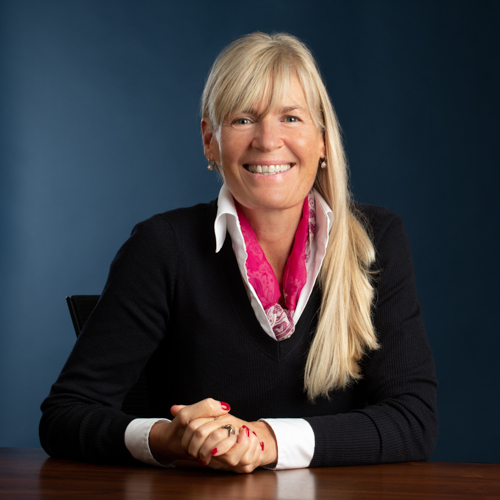Career is a relationship with life and the world around us as much as it is a development of individual skills and expertise. How do we define “career” when job transitions have become characteristic of our working lives? How do we equip young people with the skills to navigate these inevitable transitions in conjunction with their education or employment training?
These questions do not have simple answers. They do, however, generate good conversation.
I believe the reality of career transitions demands a shift in how we educate, counsel, guide and mentor those entering and re-entering the work force. We need to think of career not as a single occupation, role or area of expertise, but as a continuously expanding arena in our lives. Similarly, skill development should be reconceptualized to take into account how our diverse experiences shape and re-shape our personal expertise.
From this perspective, a sustainable career or working life requires not only the flexibility and resilience to accept and navigate career transitions, but also a re-thinking of what acquired skills mean. We can start by helping young people develop a deeper understanding and awareness of how they experience and respond to the different contexts that make up their lives. In my career counselling practice, I have come to refer to this as Experiential Expertise.
What is experiential expertise?
Experiential Expertise is individual, diverse, contextual and evolving. It is the accumulative blending of our individual experiences. It encompasses all that we integrate from our experiences, everything to which we give unique and personal shape and expression. This constitutes our unique way of being and our unique offering.
This ever-expanding repertoire of personal skills and capacities is based on our on-going experiences. These include everything from the development of interests and the discovery of talents, to self-expression, mastery of skills and fulfillment in what we do. Our awareness of our values and how we experience our engagements within our relationships, communities and the broader world constitute Experiential Expertise.
“Experiential Expertise is individual, diverse, contextual and evolving.”
Experiential Expertise draws from these diverse experiences, capacities and talents – both innate and learned. It draws from the meaning and value we ascribe to our experiences. It draws from the growth and development that result from our experiences. It draws on how we have responded to our experiences. It draws on our attitudes, choices and decisions.
Shifting educational and career counselling perspectives
Despite the prevalence of career transitions, we continue to guide young people toward specialization and ultimately toward one profession. We do not adequately equip young people with skills in reflective practice that generate awareness of their Experiential Expertise.
We do not prepare young people to realize that career is more than an individual pursuit. Career is also a relational experience, connected to the world, which includes economic, social, institutional and professional changes.
We should be educating, counselling and mentoring young people to develop an awareness of their lived (and living) experiences along with an ability to examine critically and realistically the changing world they live in. Such an education is vital, I feel, for their well-being, for their emotional flexibility, their building of resilience, and their capacity to navigate transitions while creating sustainable careers.
Career is always shaped by the living experiences of individuals, while simultaneously being influenced by the larger cultural issues and contexts in which we participate. A sustainable career requires broad and diverse perspectives, skills and talents. There is tremendous opportunity for educators and career practitioners to help young people exercise their “experiential muscles,” which they can use to participate in the world relationally, meaningfully and responsibly.
How can we access experiential expertise?
Experiential Expertise is accessed through reflective practice and from the development and expansion of our awareness.
Very broadly, this practice includes:
- Being mindful of our feelings and how we are experiencing our lives (emotionally, physically, socially and cognitively) throughout the course of a day.
- Recognizing and appreciating something we have recently learned and reflecting on how that experience may have enhanced and/or shifted our perspective(s).
- Taking the time to connect with the relationships and conversations around us every day. Feeling the value of these relationships. Observing ourselves in these relationships.
- Engaging, participating and contributing with our community, a course of study we are enrolled in, the job we currently have or the broader issues in the world that interest us. Connecting with our opinions, attitudes, beliefs and actions.
What follows is a small sample of reflective questions that I will further tailor to each of my clients. Clients are encouraged to reflect on their answers both verbally and in writing and the content from these exercises is discussed fully during counselling sessions.
- Define what career, what fulfilling work, even what success means to YOU. These definitions should be personal and as descriptive as possible.
- Reflect on some of your experiences. What are some of the themes, interests or personal characteristics common to each? How would you describe yourself in these experiences?
- Think of a job/task/role you have had recently. Describe how you brought it to life. What unique abilities, attitudes or perspectives did you bring to this experience?
- Take one personal, educational or professional experience you have had in the past six months. What was personally meaningful about this experience? From this experience, what would you like to know more about and/or develop further?
Learning to articulate our Experiential Expertise is a valuable skill. It illuminates key information that can be leveraged to create a uniquely personal and transferable expertise. It helps us to practice reflective and critical thought, deepen our awareness, be central in our decisions and take responsive action when necessary to sustain our working life.
An awareness of our Experiential Expertise does not guarantee easy or smooth transitions in life, but it does equip us with the perspective and confidence to connect our unique story and expertise with new possibilities. With that perspective and confidence we have a greater capacity to understand, and the resilience to respond to, the inevitable shifts and movement of life and work.









Wonderfully insightful and so on-point! I have always wondered why we are so limited in our undergrad and grad studies to focus on very specific or inter-related subjects. Will work to embrace and push for Experiential Expertise in professional and social circles!